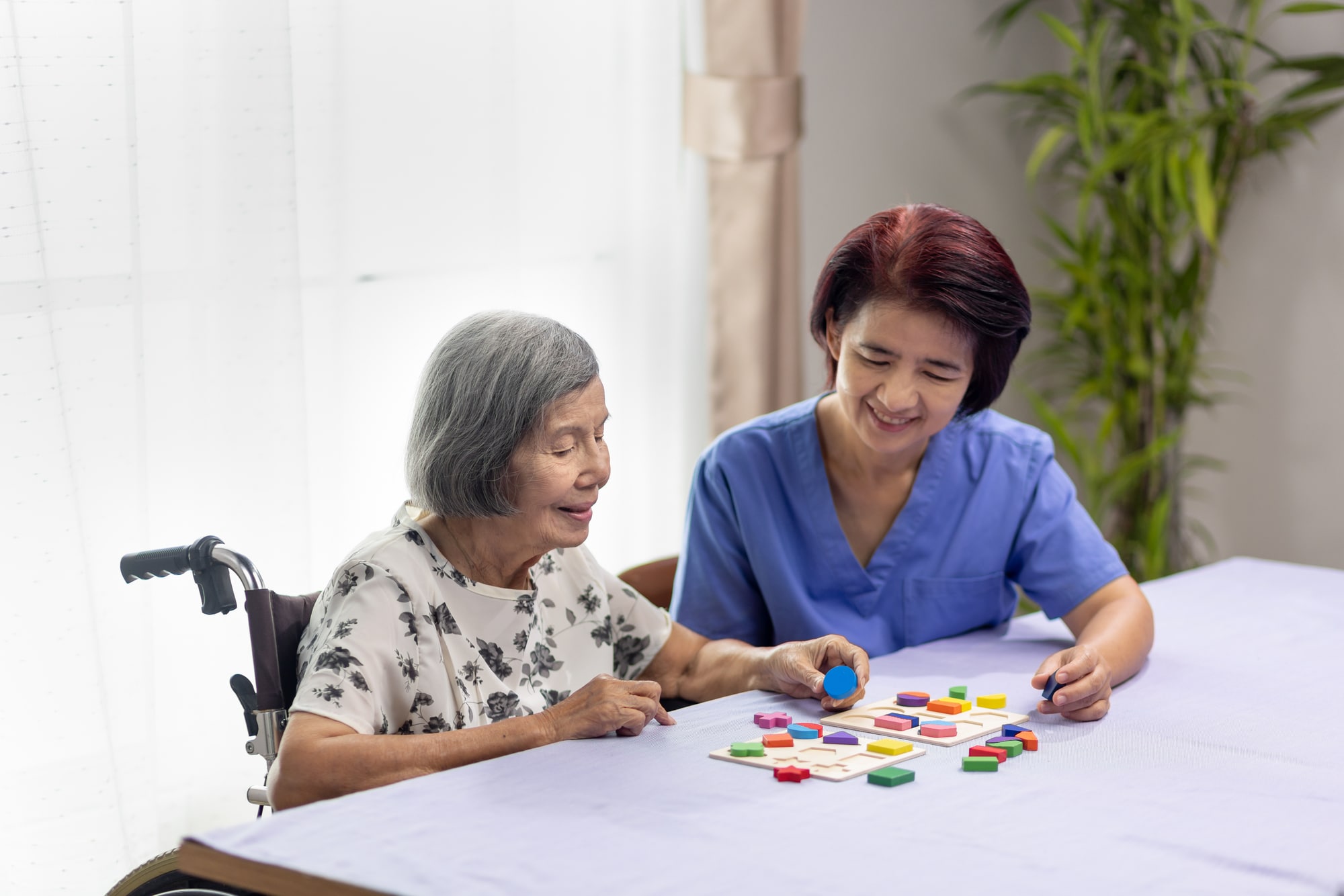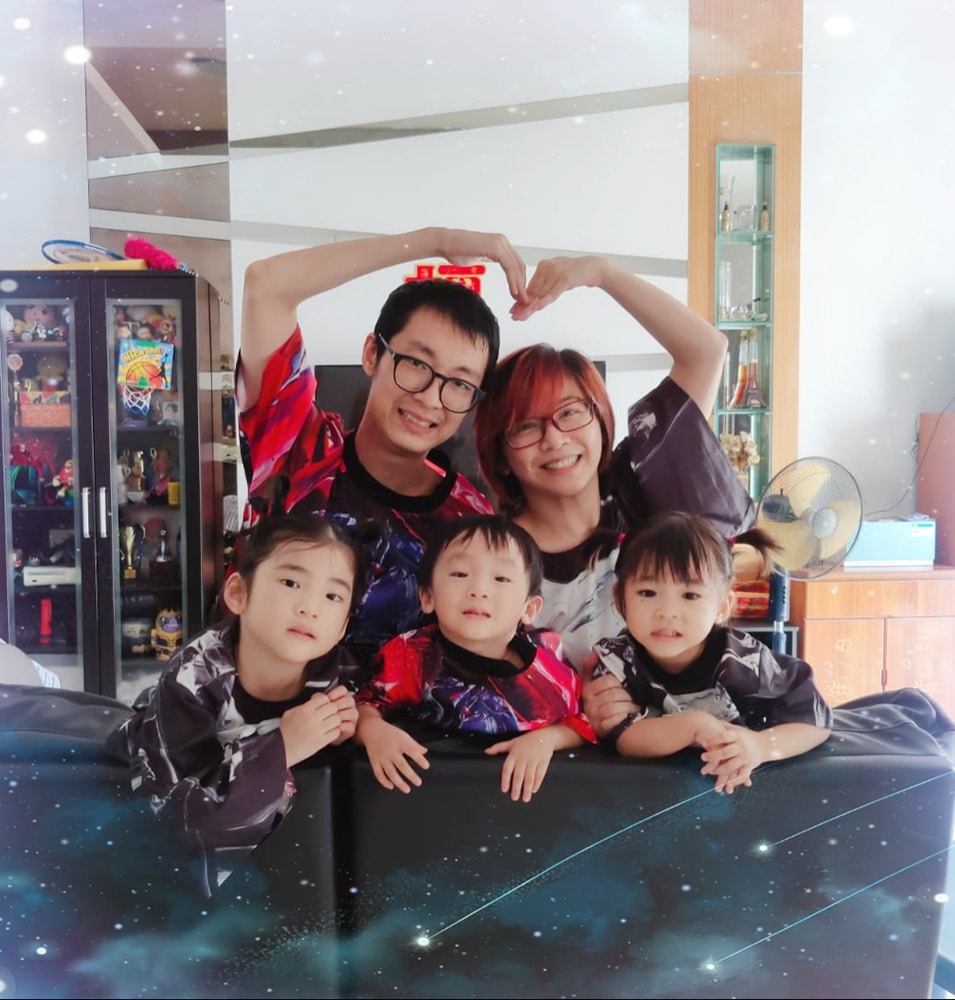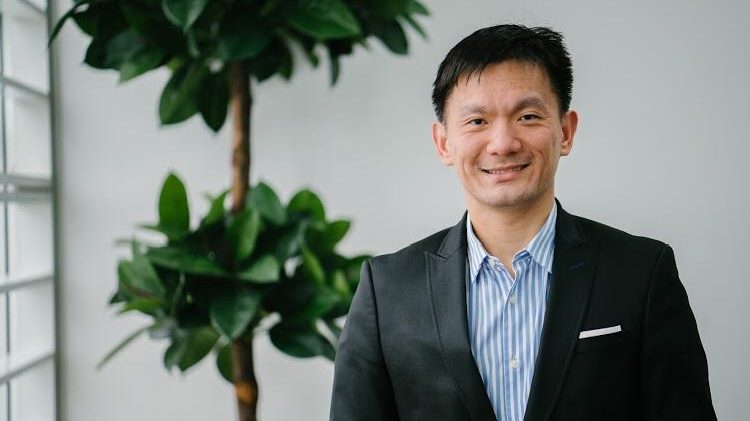“Lord, if you want him to die, let him die”: A mother’s desperate prayer of surrender for her wayward son
Salt&Light wishes all biological, adoptive and foster mums a Happy Mother’s Day!
by Gracia Lee // May 10, 2020, 1:20 am
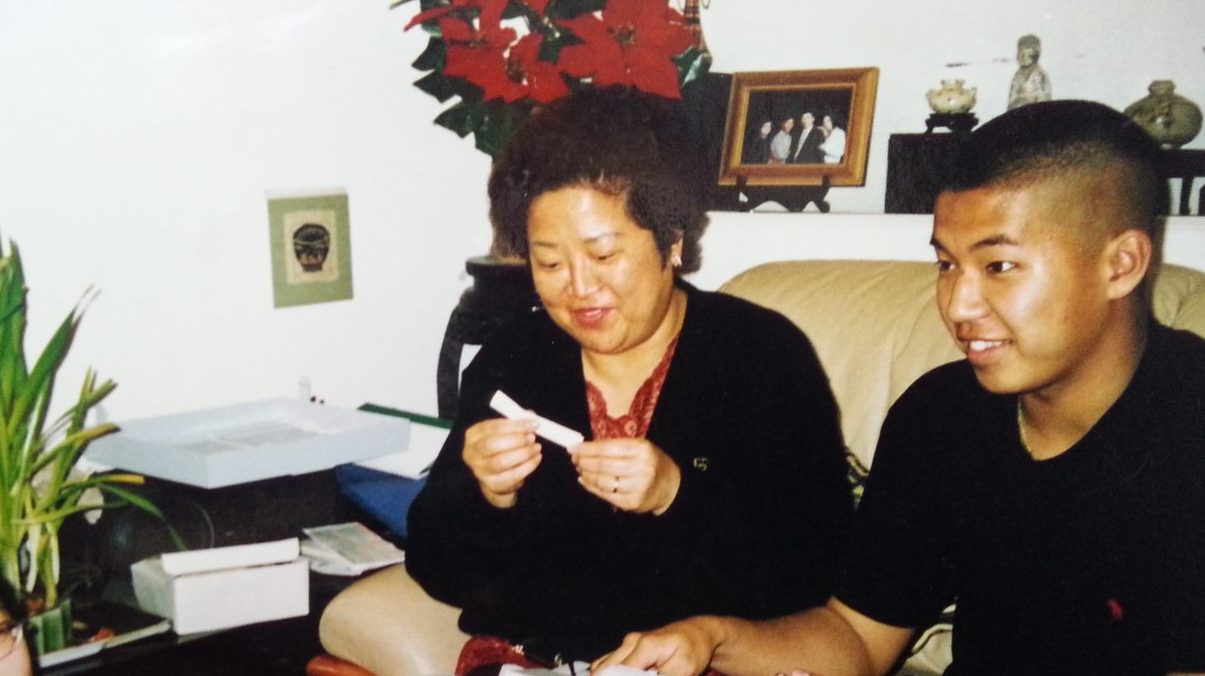
After wrestling with God for a decade over her rebellious son, Hudson, Nan Kim finally surrendered him to God: "If you want him to die, let him die. If you want him to live, let him live. You just do what you see fit with this boy." All photos courtesy of the Kim family.
“Let’s just hold hands and jump off this building together. I’d rather we die than live like this!” Nan Kim screamed at her 27-year-old son, a potent mix of anger and desperation coursing through her veins.
She had thought that things were finally getting better. Hudson was finally home with her. Finally far away from the vice-filled life that had consumed him for the past decade. Finally picking himself up.
But the hope had collapsed faster than it had risen.
She simply could no longer find it in herself to hope that he would change.
The patterns of normal life that had held so much promise were now gone. Hudson slept in the day and went out at night, only returning home after she had gone out to work.
She had noticed he was stealing from her bank account to fund his gambling habits. While cleaning his bathroom she had also found a strange object, which she later found out was drug paraphernalia.
Every night she stayed wide awake worrying about her son. Where was he? What was he up to? Would he come home alive?
It pained her deeply. But she simply could no longer find it in herself to hope that he would change.
Maybe it would be better if it all ended, she thought.
A cross to bear
How had things ended up like this?
She had obeyed the Lord wholeheartedly, left Korea and followed His calling into missions to China with her husband. Her own parents, too, had been missionaries who had given up everything for the unreached in Taiwan.
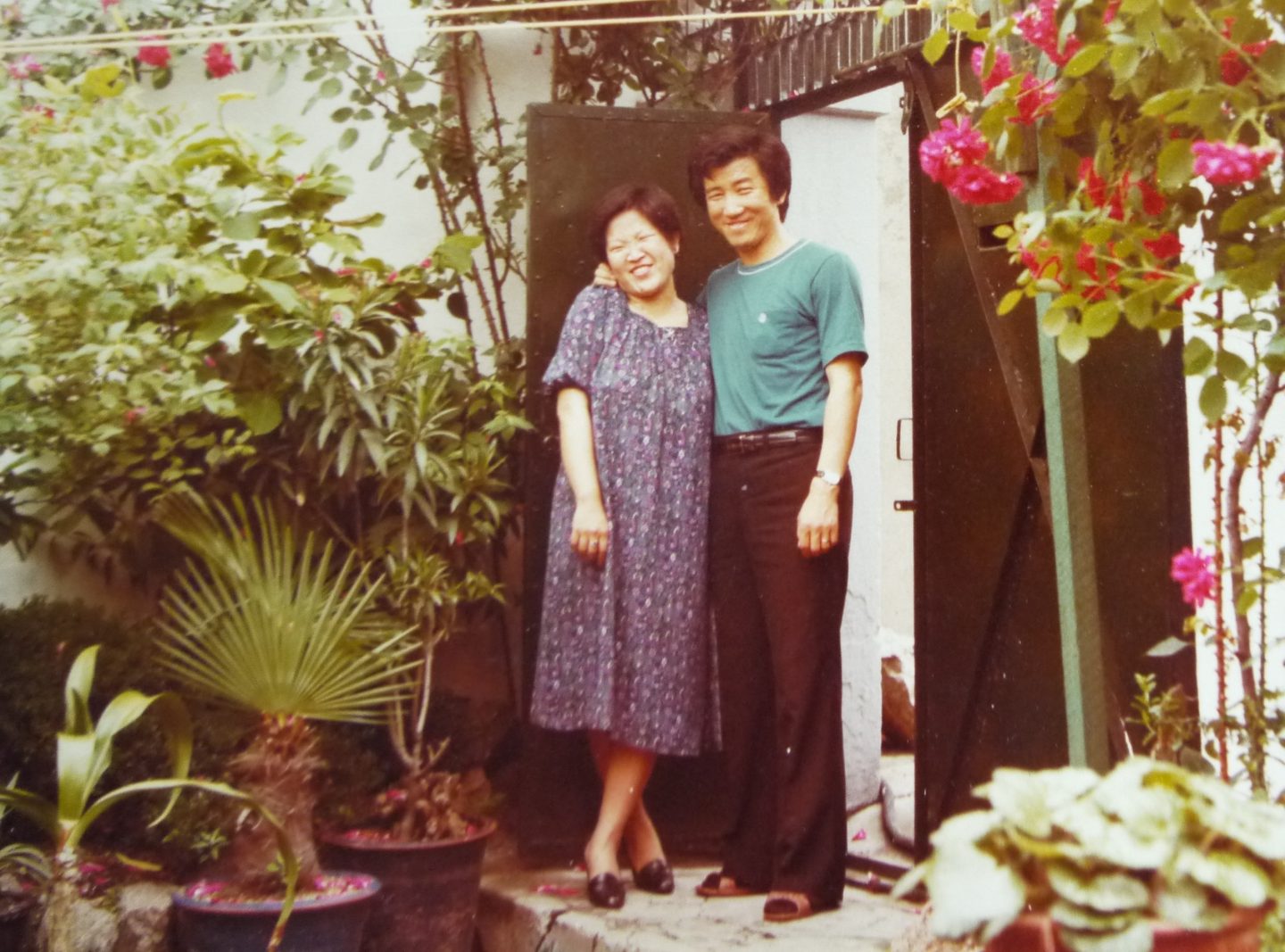
Nan and her husband, Kim Han Jung, during their honeymoon. Drawn together by their common calling for missions in China, they had wed after three years of engagement.
It had been instilled in her from young that if she obeyed the Lord with all her heart in what He had called her to do, He would watch over everything else, including her family. Especially her family.
She had given it all up for the Lord.
They had taken the painful step of faith to send away their two young children, who were just 8 and 10, to Australia for their education.
It wasn’t something that they would have chosen for themselves. But local schools in China rejected foreigners while international schools were way too expensive.
Homeschooling was also not possible. Being a better Mandarin speaker than her husband, she was needed in their mission work, which involved caring for the disabled.
“The cross that we took up as a family was relinquishing our rights to be together with our children,” her husband, Kim Han Jung, 69, told Salt&Light.
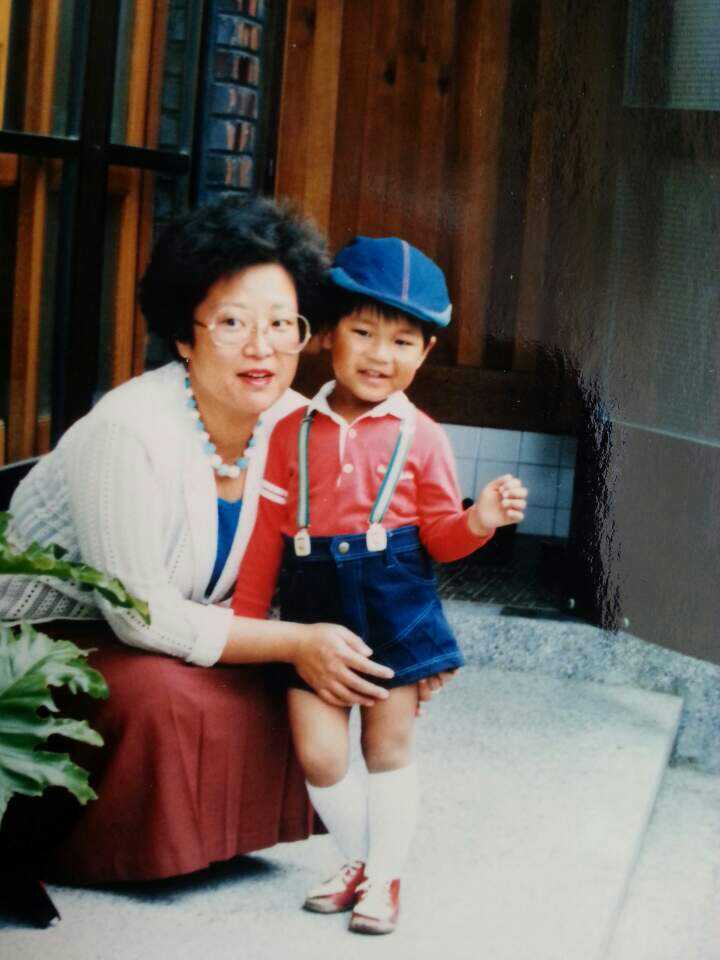
Nan with young Hudson.
They had to accept that their children would have to grow up without their parents by their side. But it was not easy.
Nan, now 68, said: “I put my hands to the plow for the work in the day, but when I came home in the evenings, that’s when the sorrow of missing the kids hit.
“The cross that we took up as a family was relinquishing our rights to be together with our children.”
“I started to dread coming home at night because I missed them so much it was an agony.”
They kept in touch using their dial-up phones. Phone bills outweighed what they spent on their daily necessities.
Nan also exchanged handwritten letters over fax with her daughter, who was more adept at reading and writing the Korean language than young Hudson, she said. They still keep the letters – now wrinkled and faintly yellow – in a black folder.
“This is actually the first time we’ve brought this folder out,” Han Jung said.
“We carried it with us wherever we moved. But we never dared to open it because it was too painful,” he added softly. A moment of silence hung in the air as both blinked back tears.
“Your Father in heaven will always be a better dad than your father here on earth.”
Flights were long and expensive, so they would only see their children about once or twice a year. Han Jung recalled that every time they met, the first question the children would ask was: “Mum, dad, when are you going back again?”
“That was probably the most painful question,” he said. “The pain of saying goodbye always overclouded the joy of meeting together.”
Each time they parted ways he would always say to them: “You have a Father in heaven. And your Father in heaven will always be a better dad than your father here on earth.”
He believed it with all his heart. But it did not lessen the pain.
Broken – body, soul and mind
Hudson was about 15 when Nan caught wind that something was amiss. First it was her parents, who had flown to Sydney to live with the children, who called constantly to report that Hudson was skipping school.
“Lord, I can’t go and be with my son. Will You go and spend time with him for me?”
Then the school teachers called. At one point the school principal was calling a few times a week to inform her that her son was not turning up at school.
But whenever she called Hudson to ask why he did not go, he would insist that he was at school, though sometimes she could hear noises in the background suggesting he was out on the roadside or on the train.
Over time she began to hear more reports that he was lying and stealing. Her parents said he would often disappear at night with his friends and not come home. He had covered his body in tattoos. Her daughter told her he was doing drugs.
More than 8,000km away from him, she could only go on her knees and plead: “Lord, I can’t go and be with my son. Will You go and spend time with him for me? Will You go and meet him?”
“I’m a missionary serving You, God! Why wouldn’t you take care of my children?!”
“I was living a double life,” she said. “During the day I was a smiling, loving missionary. In the night I was a mess. I just remember my heart constantly at a fast beat.” Her mind whirred without pause: Where was he? What kind of no-good was he up to now?
As news of her rebellious son continued to stream in, her desperation turned to anger. She remembers hurling vulgarities and venting her frustrations at the Lord: “I’m a missionary serving You, God! Why wouldn’t you take care of my children?!”
It took a toll on her health.
She fell into a deep depression, exacerbated by a breast cancer diagnosis. With all hope sucked out of her, she felt like she wanted to die.
“I remember that time as the lowest time in my entire life,” Nan said. “It’s a part of my life that I don’t want to go back to or think about.
“God totally dismantled my being. He broke my body, he broke my mind, he broke my spirit. He really got me to a point where I was prostrated in front of Him in a place of absolute surrender.”
But He was also getting ready to make something new, she said.
Importance of obedience
For the next two years of her depression God took her through an intense and focused time of self-reflection, where she was also led to renew her commitment to missions in China.
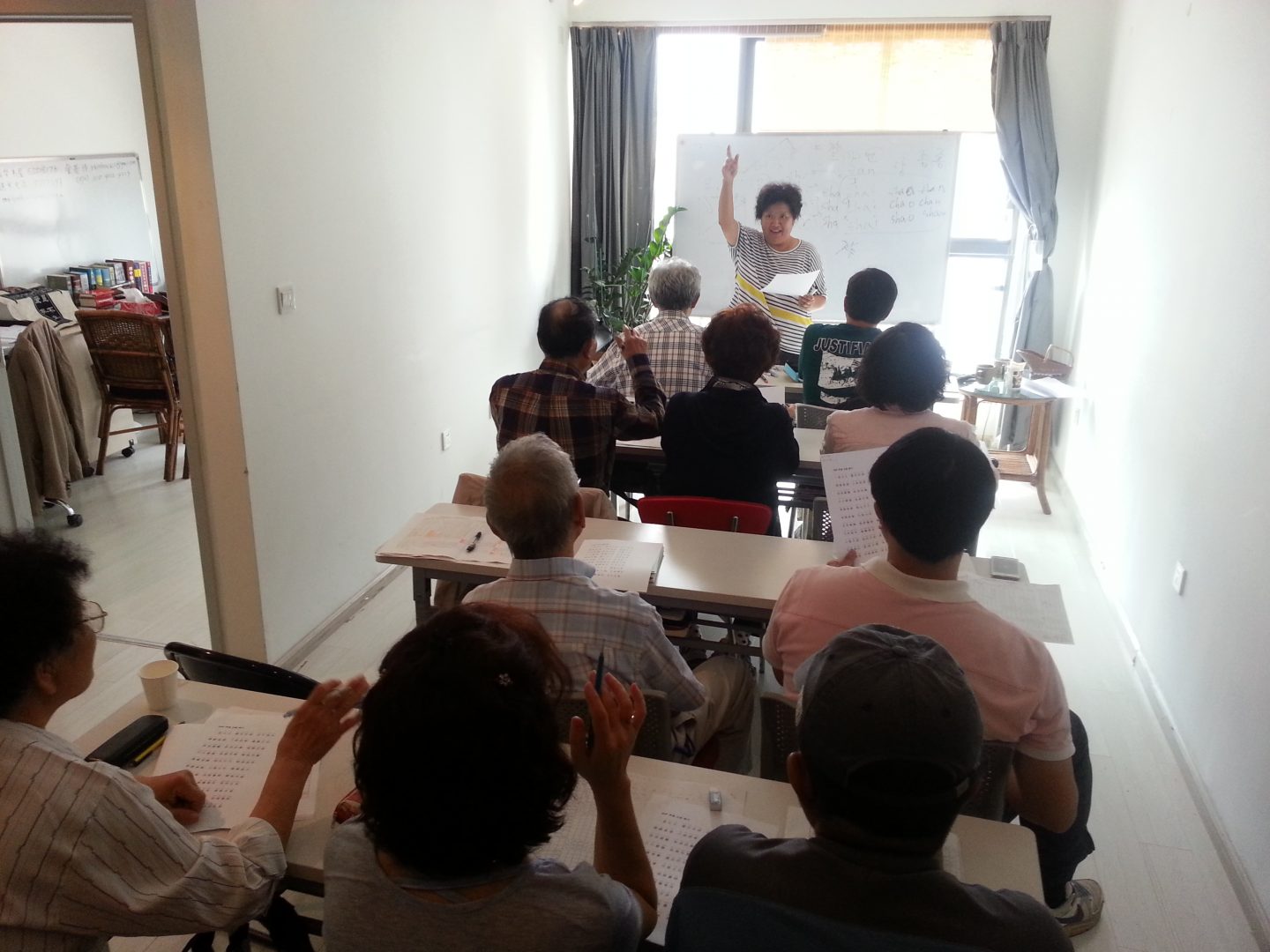
Nan teaching at a Chinese language school in China. Nan and Jung returned to Korea three years ago after 30 years in the mission field and will be officially retiring next year.
Through Deuteronomy 8:2, she learnt that Israel’s 40-year wandering in the desert was for two reasons: To humble them and to test their hearts for obedience.
“As I look back on it now, as Hudson started going through that rebellion, God was enrolling me in the same training school that He had put the Israelites through,” she said.
“The knowledge of His love and affection for my life has to outweigh my desire and longing for Him to love my son.”
It was going to be a prolonged season of waiting, she sensed, and the Lord was going to use it to do a refining work in her heart.
“It was so important for me, as a mother and a daughter of God, to realise that when God looks at me, He sees me before He sees my son. The knowledge of His love and affection for my life has to outweigh my desire and longing for Him to love my son,” she said.
“I can surely say that when I realised this at the age of 53, I finally started to love myself. I finally started to discover my true identity in God.”
So, even though the circumstances had not changed – in fact, she heard that Hudson’s behaviour had gotten worse – her heart began to let go, she said. It helped that he was now a legal adult, a being of his own.
“I realised the importance of obeying what God had called me to do in China and just held on to that obedience. During those times I had to turn a blind eye to some of the things Hudson was doing. There was nothing that I could do but surrender them to the Lord.”
Raw desperation
When Hudson agreed to come to China to be with them, Nan had held high hopes.
“God, I can’t do anything. But You can. Would You make a way? Would You do it?”
But he had slipped back into his old ways after about six months.
It was a lonely struggle. Unable to sleep at night, she would often go up to the rooftop of their house where they kept their two pugs. Out in the stillness she would share her frustrations with her dogs and cry to them, sometimes until she fell asleep.
She could not bear to share all her sorrows with Han Jung, who was already going through tough times in his ministry in the Himalayan villages. He would drive up there for weeks at a time and come home absolutely drained.
It was a heavy burden to bear. She experienced moments of raw frustration and desperation – like the times she told Hudson it would be better if both of them jumped off the building.

The two pugs that Nan poured her heart out to at night when she could not fall asleep.
But day after day, week after week, month after month, even in the times she saw absolutely no hope, she would pray the same prayer: “God, I can’t do anything. But You can. Would You make a way? Would You do it?”
“This prayer was like a train track that kept me on course,” she said.
Ultimate surrender
Nan and Han Jung were relieved when Hudson finally flew off to Hawaii to attend a six-month Discipleship Training School by YWAM, something he had vehemently protested against just a few months ago.
“If you want him to die, let him die. If you want him to live, let him live. You just do what you see fit.”
“We were in quiet anticipation of what God was going to do,” Nan said.
Every day Nan held her phone in her hand, just in case he called. But the glimmer of hope was snuffed out quickly. Two weeks later Hudson still had not contacted them. They did not know if he had even gotten there.
Nan had reached the end of herself. In tears she prayed: “Lord, I don’t know and actually cannot care if Hudson is alive or not right now. You do whatever you want to do with him, God. If you want him to die, let him die. If you want him to live, let him live. You just do what you see fit with this boy.”
As she prayed, she remembered thinking that this might be the final prayer she was going to pray for her son. And then she stopped waiting for his call.
God of the impossible
One evening a few weeks later, Nan and Han Jung received an email. The first line read: “God touched the bottom of my heart. Hallelujah!”
It was from Hudson.
“God touched the bottom of my heart. Hallelujah!”
They rubbed their eyes several times and read the email over and over again. This cannot be our son, they thought, concluding that he probably had gotten someone to write the email for him just to offer them some consolation.
“We had been cheated and lied to so many times that it didn’t come across as something that could be the truth,” Nan said.
But the emails kept coming. “I’ve received so much grace,” one read. “I’m really sorry, mum and dad,” read another. The emails always ended with “hallelujah”, praise the Lord.
It would be a few emails later that Nan finally believed God had indeed touched her son’s life. Her joy was indescribable. “At that point everything ended and everything began.”
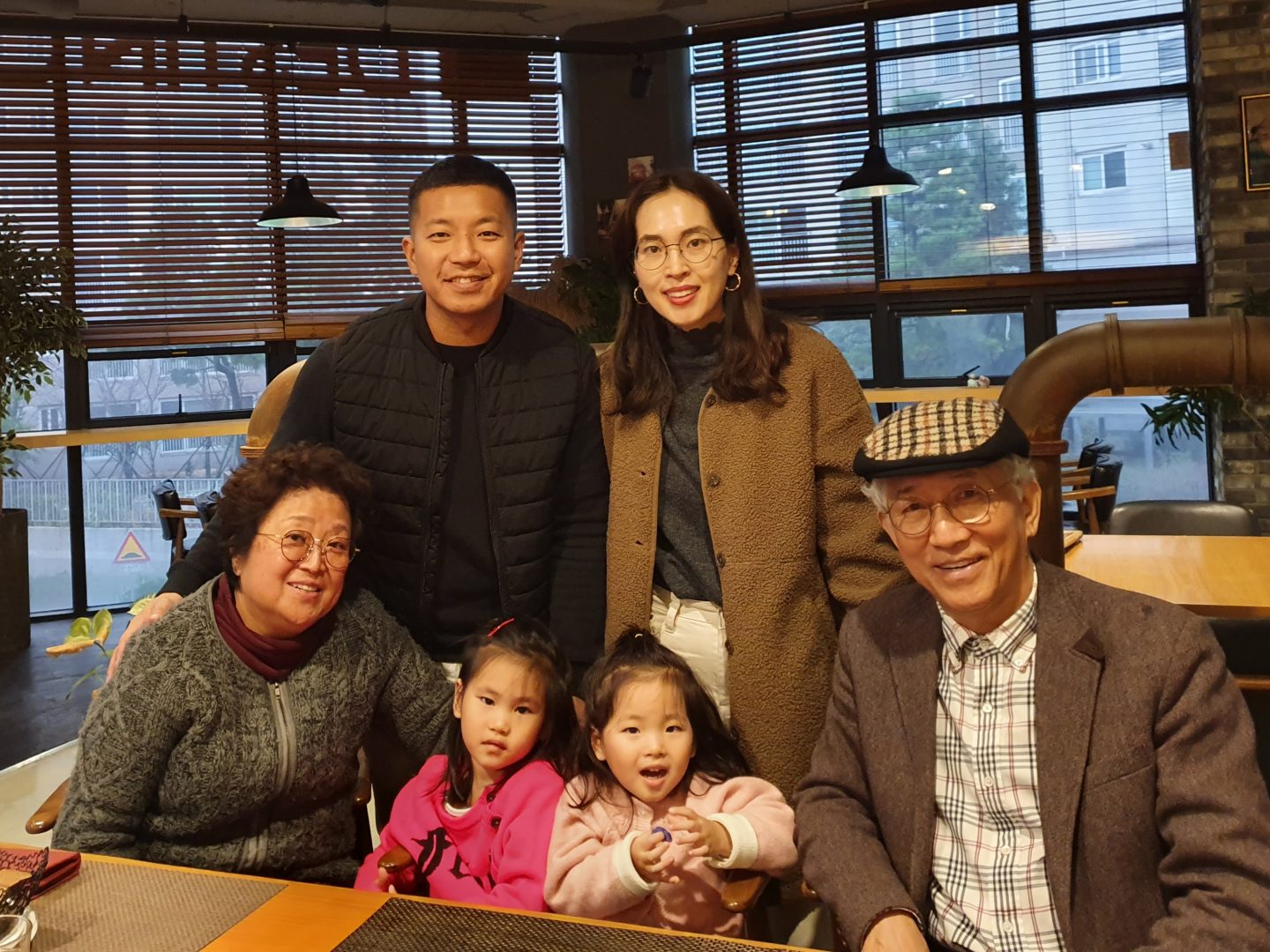
Nan and Han Jung with Hudson, his wife, Grace, and their two daughters.
Subsequently she discovered one of the biggest truths in her life, she said. “I realised that that final prayer I prayed for Hudson was the prayer that God had been waiting for all along. Until I prayed that prayer, I had never really fully surrendered my son to Him.
“That final prayer, for me, was the graduation certificate of the training programme that God had put me on.”
When Hudson returned from Hawaii, one of the first things she did was embrace him and say: “Thank you, son. Because if it had not been for the season that we had gone through, I would not have learnt these precious lessons.”
The promise of hope
It was in clinging on to God’s promises that they managed to endure the 15 years of pain, said Han Jung, who himself had spent many sleepless and tearful nights.
“The goodness of God never fails, nor does He make a mistake.”
For example, Psalm 136:4 assured them of God’s everlasting love, while 1 Corinthians 13:7 encouraged them to persevere in hope.
“The goodness of God never fails, nor does He make a mistake,” he said. “Sons and daughters, before they are our children, are God’s creation and God’s beloved temples. God will always give and provide His best.”
Of this Nan is now also convinced: “The best way to love your child as a mother or a parent is to surrender your child fully to God. At the end of the day that was the place that God wanted me to be.”
We are an independent, non-profit organisation that relies on the generosity of our readers, such as yourself, to continue serving the kingdom. Every dollar donated goes directly back into our editorial coverage.
Would you consider partnering with us in our kingdom work by supporting us financially, either as a one-off donation, or a recurring pledge?
Support Salt&Light